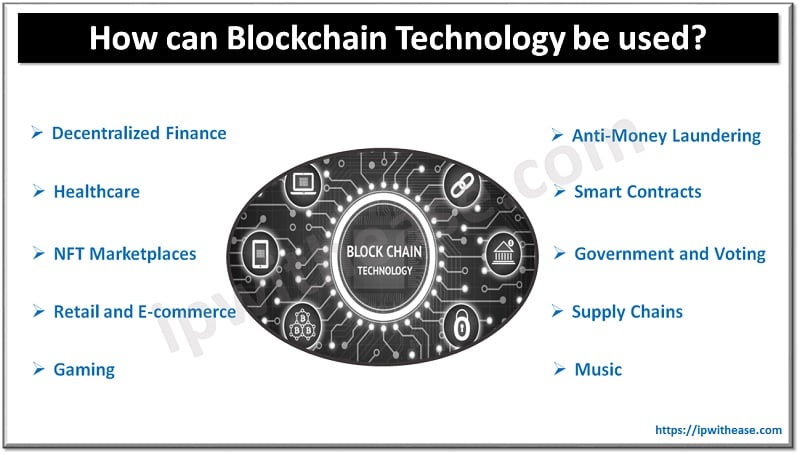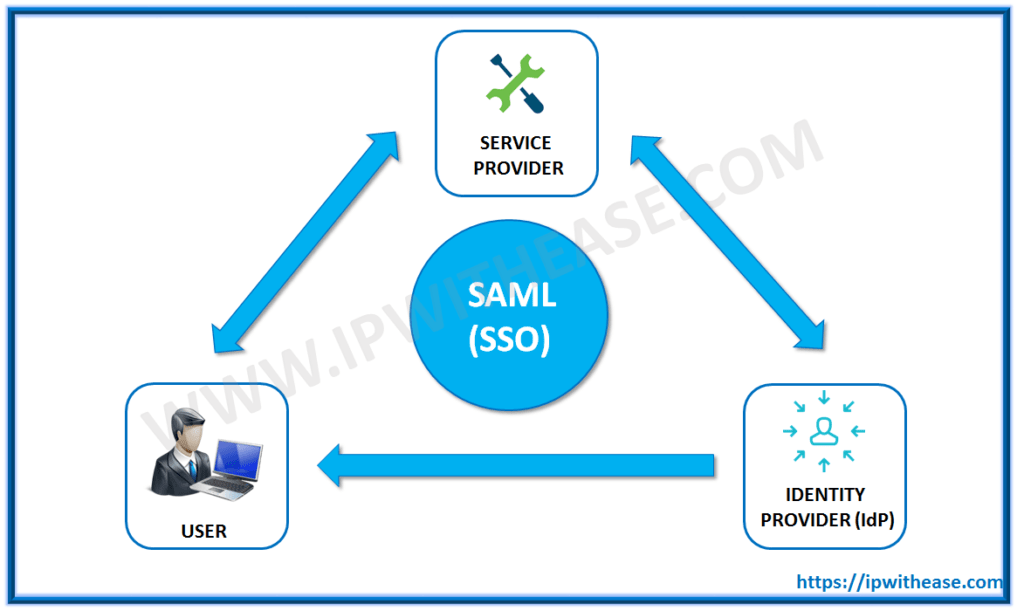Blockchain technology has several uses outside of only cryptocurrencies like Bitcoin. Technology is having an impact on a wide range of businesses, changing everything from how contracts are upheld to how efficiently the government is managed. In addition to saving businesses time and money, it can enhance transparency and fairness.
Despite the fact that blockchain technology is still very much in its infancy today, it is increasingly finding use in important fields outside of the realm of digital currency. With its multifold applicability, the expertise in the technology has become must and blockchain certification courses are in huge demand.
In this article, we will discuss blockchain technology and the breadth of applications for blockchain technology in many industries.
What Is Blockchain Technology?
An open, distributed database, or “blockchain,” is essentially a computer file for storing data (data). The file’s structure—blocks of data that are connected to one another in a chain—gives rise to its name. Each block has information (such as transaction records) and a history of its creation or editing.
Blockchains are decentralized databases owned by businesses or governments that are not under the control of a single person or organization. Since the data is completely copied (distributed) over numerous computers, anyone with the correct cryptography keys can access the full chain from any location and alter it. In contrast to centralized databases, where there is only one point of entry for attackers, blockchains are a decentralized means of storing and accessing data. This makes it very helpful for securely recording transactions.

Blockchain Use Cases
- Decentralized Finance- Blockchain technology is used in decentralized finance to eliminate the middleman in financial transactions, establishing a direct connection between the sender and receiver. Transactions can happen more quickly and can be tailored to the needs of the parties engaged in such a system. In other words, transactions might involve considerably more intricate criteria than just the simple transfer of value.
- Healthcare- Although there are many uses for blockchain technology in the healthcare industry, electronic health records are one of the main uses that are sparking attention. The concept is to store a patient’s medical records on a blockchain that both authenticate the records and makes them accessible to medical specialists worldwide, should the patient choose to show it to them.
- Smart Contracts- The most versatile use of blockchain technology is smart contracts. A smart contract codifies the contract’s terms so that a computer may validate them and start the contract as soon as the requirements are satisfied. Another benefit of smart contracts is that a third party, rather than the parties to the transaction, can perform the calculation necessary to authenticate a contract.
- Supply Chains- All parties in a supply chain built on the blockchain have quick and equal access to information about record prices, order dates, supply locations, quality, and other pertinent details. The use of blockchain technology in supply chains has a number of advantages, including notably more transparency, lower costs and risks, improved supply traceability, and less paperwork.
- NFT Marketplaces- Non-Fungible Tokens (NFTs) have been the most popular blockchain application since the inception of cryptocurrencies. These digital commodities have recently increased in popularity and are currently taking over the world. To prove ownership of digital, physical, or intellectual property, NFTs are distinctive (forgery-resistant) tokens.
- Retail and E-commerce- The most widely used blockchain technology in e-commerce is the Ethereum virtual computer, which provides platforms for businesses to manage their blockchains. Consumers who use websites and programs that support Bitcoin can make purchases with it.
- Gaming- With blockchain-based games and gaming applications, you can pick the number of legendary items that are included in the game, for instance, 25 or more. After this number has been reached, there can be no more of these categories of legendary items. Each of these 25 identical items is exceptional because it has all of the usage histories for that particular object, despite the fact that they are all the same.
- Government and Voting- Government blockchain applications might promote citizen engagement in local politics, improve bureaucracy accountability and effectiveness, and lighten significant financial burdens. Illinois is one state government in the United States that has already started using technology to protect important papers. Blockchain technology has the potential to dramatically alter how elections are conducted. Blockchain-based voting may boost civic engagement and reduce voter apathy by providing a level of anonymity and incorruptibility that permits voting on mobile devices.
- Anti-Money Laundering- Avoiding money laundering built-in features of blockchain apps may be able to prevent money laundering. Every transaction conducted utilizing blockchain technology leaves a permanent trail of unalterable data. It makes it easier for authorities to identify the source of the funds as result.
- Music- With blockchain-based games and gaming applications, you can pick the number of legendary items that are included in the game, for instance, 25 or more. After this number has been reached, there can be no more of these categories of legendary items. Each of these 25 identical items is exceptional because it has all of the usage histories for that particular object, despite the fact that they are all the same.
Future of Blockchain Technology
Although the Bitcoin system is the most well-known use of blockchain technology, many other cryptocurrencies are based on this cutting-edge innovation. The use of blockchain technology is expanding quickly, and its proponents claim that it might bring about significant changes in a variety of industries. Whether Bitcoin will ultimately succeed in replacing other traditional payment systems is still up for debate.
Conclusion
Although it may sound innovative, blockchain technology is actually a streamlined method of protecting transactions that hold all participants responded to the highest standard. It gives businesses essential components of productivity, security, and openness. Blockchain technology is available to everyone, not just huge organizations and startups with millions of dollars in funding. This invention can be used by smaller companies to maintain the safety of their operations.
Continue Reading:
Hash Functions and What they Offer for Security in Cryptography
What is Encryption? Detailed Explanation
ABOUT THE AUTHOR
IPwithease is aimed at sharing knowledge across varied domains like Network, Security, Virtualization, Software, Wireless, etc.



